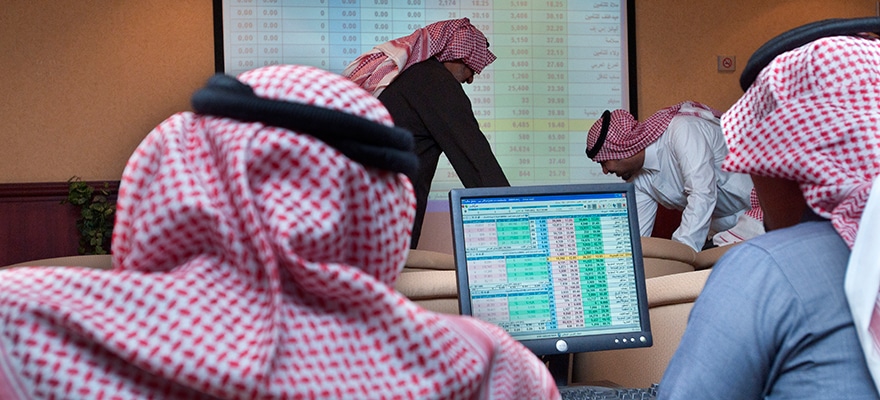The vacancy at Saudi Hollandi Bank created by Bernd van Linder’s resignation earlier in October, ending a ten-year tenure, has been filled by the veteran banker Soren Nikolajsen who will join the first banking franchise in Saudi Arabia as its managing director, effective Jan. 1, 2017.
Mr. Nikolajsen has been a Non Executive Director at Saudi Hollandi Bank since December 2013. He joins from Royal Bank of Scotland where served most recently as Head of Executive Office, Corporate and Institutional Banking.
Separately, SHB has finally given a timeframe for its rebranding process, approved earlier this month by the board, in which the name of Saudi Arabia’s oldest lender will change effective next Sunday to Alawwal Bank, meaning “The First” in Arabic.
The new name ends the bank’s old ties to the Netherlands which date back to its origins as part of the Netherlands Trading Society, which served haj pilgrims from the Dutch East Indies, now Indonesia.
The rebranding process comes as part of a new corporate identity that will be rolled out over the next three months, and also coincides with Royal Bank of Scotland’s decision to appoint Credit Suisse as adviser for the sale of its 40 percent stake in Saudi Hollandi Bank, in a deal potentially worth around $1.2 billion.
Saudi Hollandi Bank is engaged in providing a full range of commercial banking services, in addition to a wide range of investment services such as asset management and investment funds. The lender also provide brokerage services in the local and international markets through its specialized and wholly owned subsidiary company Saudi Hollandi Capital.
The banking sector in Saudi Arabia, in which 12 commercial lenders share total assets worth around 2.22 trillion riyals ($592 billion), along with the entire domestic economy are now facing huge difficulties on the backdrop of lower oil prices, as well as ongoing regional unrest, including the Yemen war.
Earlier in April, rating agency Moody’s downgraded Saudi Arabia’s banking system from stable to negative stating that it feared the falling oil prices would adversely impact the country’s banking system.
The oil price has fallen from above US$110 per barrel two years ago to about $50 now, hitting state budgets and investments in a region dependent on the government for growth.
Rapid spending cuts have also taken their toll. The kingdom lowered public spending in the fourth quarter of the year, trimming its budget deficit from an expected 21 per cent of GDP to an actual 15 per cent, and it plans to cut spending further this year.





Be First to Comment